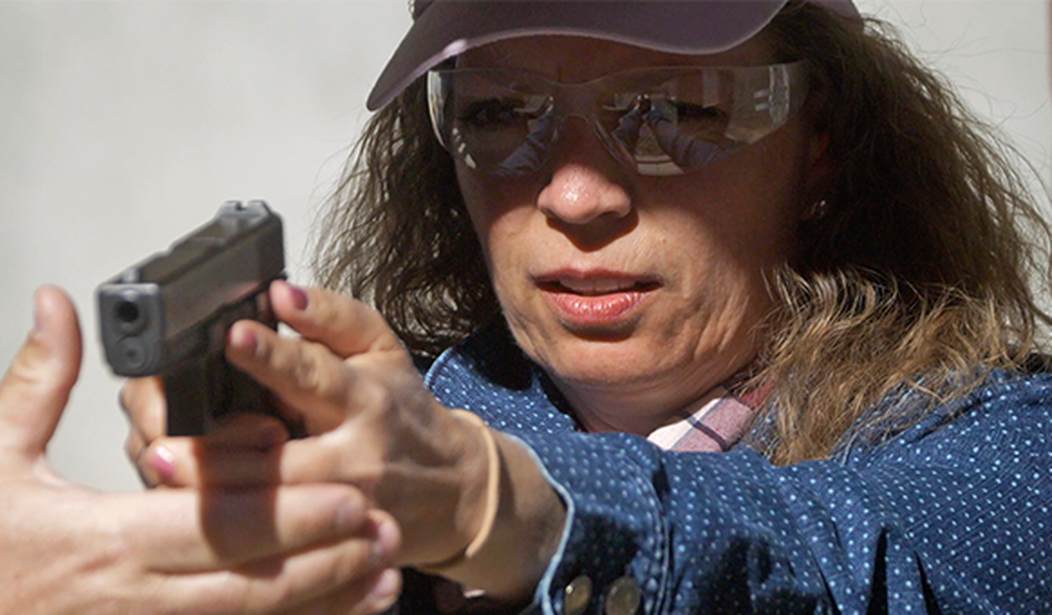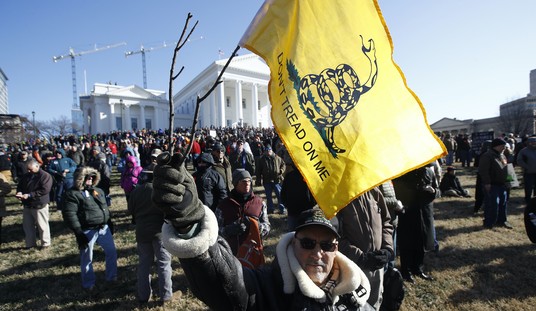My buddy Jim Wallace of the Gun Owners Action League likes to refer to Massachusetts as a “Second Amendment battleground state”, and he’s not wrong. Beleaguered gun owners in the Bay State are subjected to a host of unreasonable restrictions on their right to keep and bear arms, and if anything the Supreme Court’s decision in Bruen has only made anti-gun activists and politicians more eager to slap more laws on the books.
Under the pre-Bruen standard, local licensing authorities had broad discretion in approving or denying applicants for a License to Carry, and Wallace has previously told us that many jurisdictions are trying to get around the Supreme Court’s decision. State lawmakers are even pushing to require applicants to demonstrate their proficiency with a firearm by requiring live fire training and passing a test, something GOAL says is completely unnecessary.
Now a new article in the Harvard Law Review says those mandates aren’t just unneeded, they’re unconstitutional. The article focuses on the licensing process in Boston, where police already require applicants to pass a “shooting qualification test” at the local police range within two weeks of submitting an application. All would-be pistol owners (a LTC is required to own, purchase, and carry a handgun) must demonstrate “safe handling of, and familiarity with, a .38 caliber, 4-inch barrel revolver” as well as completing a scored live-fire test; requirements that have no analogues in history, according to the author.
The City of Boston could presumptively argue that its Qualification Test, which requires an LTC application to obtain a quantifiable point tally on a scored target, is the type of objective test that Justice Thomas deemed constitutional.
But that contention misconstrues Bruen. First, the Bruen majority did not hold that all objective licensing requirements are constitutional, for even an objective test must not “deny ordinary citizens their right to public carry.” And a shall-issue permitting scheme “can be put toward abusive ends.” Because the Qualification Test requires applicants to fire a heavy, unpopular handgun accurately, which not everyone can do, it impedes law-abiding citizens from exercising their armed self-defense right — the right to public carry is reserved only for those who shoot well with a heavy handgun. Second, Justice Thomas stated that background checks and firearms safety courses are constitutional, but a shooting qualification test is not a firearms safety course. Thus, Bruen does not support the proposition that scored live-fire tests survive judicial scrutiny. The Qualification Test’s quantitative characteristics may mitigate its constitutional deficiencies but do not cure them. In addition to accuracy, the Qualification Test demands that applicants show “safe handling of, and familiarity with, a .38 caliber, 4-inch barrel revolver.” The City of Boston does not provide any concrete guidelines, like a scoring rubric, for the safe-handling requirement, and licensing officials may have differing opinions on the matter. Such requirements do not resemble the “narrow, objective, and definite standards” that Justice Thomas referenced as per se constitutional.
According to the author of the law review article, Boston’s requirement is already ripe for a court challenge, and any move by the state to impose similar live-fire mandates on all LTC applicants would face stiff legal headwinds.
Based on the City of Boston’s facially unconstitutional licensing regime, any Boston resident can seek declaratory, injunctive, and monetary relief for the City’s infringing the constitutional right to keep and bear arms under the Second Amendment, as applied to the states by the Fourteenth Amendment’s Due Process Clause. This Note does not purport to discuss all the mechanics of either standing or § 1983 liability. As a general matter, however, it bears mentioning that an aggrieved applicant could assert a plausible claim for declaratory, injunctive, and monetary relief against City of Boston licensing officials, the colonel of the Massachusetts State Police, and certain state firearms officials, subject to any affirmative defenses raised by the government.
It’s refreshing (to say the least) to see an article casting doubt on the constitutionality of a Massachusetts gun control law in the pages of the Harvard Law Review, and I hope this is the start of a trend. Far too many academic institutions have seemingly adopted a post-Bruen position of supporting any and all gun control laws, or at least criticizing those court decisions that have ruled a particular law unconstitutional. Some, like the University of Minnesota, have even enshrined anti-gun activism into the curriculum in the wake of Bruen. I’m sure that the prevailing attitude at Harvard Law is still anti-2A, but at least the Harvard Law Journal is willing to print and publish pieces that take both Bruen and the right to keep and bear arms seriously.







Join the conversation as a VIP Member